|
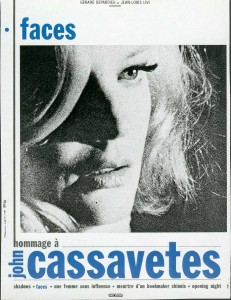
Synopsis:
After announcing he wants a divorce from his wife (Lynn Carlin), an unhappily married businessman (John Marley) spends the night with a call girl (Gena Rowlands); meanwhile, his wife goes to a club with her friends and hooks up with a much younger man (Seymour Cassel).
|
|
Genres, Themes, Actors, and Directors:
- Bourgeois Society
- Character Studies
- Gena Rowlands Films
- John Cassavetes Films
- Marital Problems
- May-December Romance
- Midlife Crisis
- Seymour Cassel Films
Review:
John Cassavetes’ first “signature” movie — after his experimental debut film, Shadows (1959), and two additional studio pictures — was this utterly bleak yet cinematically groundbreaking look at a bourgeois marriage in decay. Faces features fine, natural performances by everyone involved, and provides a daringly unfiltered look at class and gender relations in 1960s America. Indeed, “unfiltered” is the operative word here: Cassavetes’ first cut of the film (culled from 115 hours of cinema verite footage) was something on the order of six hours long; he eventually edited it down to 130 minutes; but, truth be told, it’s still a long haul to get through. As admirable as Cassavetes’ unconventional, no-holds-barred approach is here, the story is incredibly difficult to watch: emotions are raw and exposed, women are treated abominably, and (in typical Cassavetes fashion) there’s sporadic physical violence and an emotional breakdown. Seymour Cassel’s “Chet” — a hippie living for the moment — brings the only blast of hope into this quagmire of unhappiness; but even he eventually vanishes, leaving these characters to deal, once again, with the oppression of their stultifying lives.
Redeeming Qualities and Moments:
- John Marley as the successful businessman experiencing a mid-life crisis
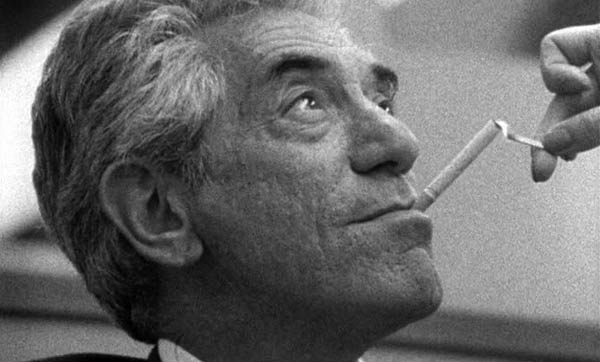
- Luminous Gena Rowlands as the call girl who states, “I’m too old to be lovely — and I haven’t got a heart of gold.”
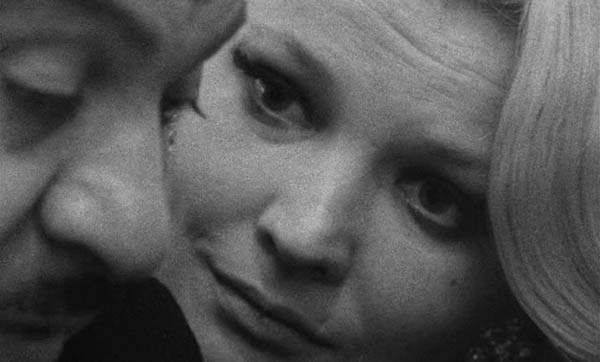
- Lynn Carlin (simply wonderful in her first role) as Marley’s unhappy wife
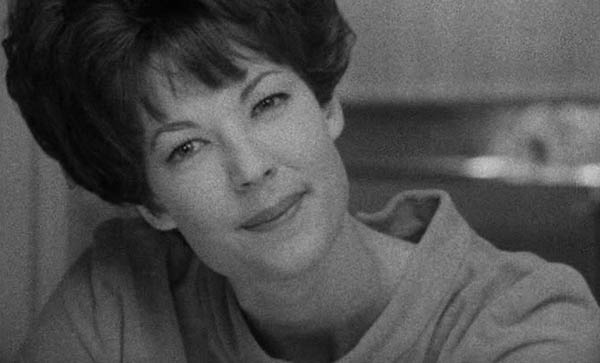
- Seymour Cassel as the free-spirit who brings romance into Carlin’s life for one brief night
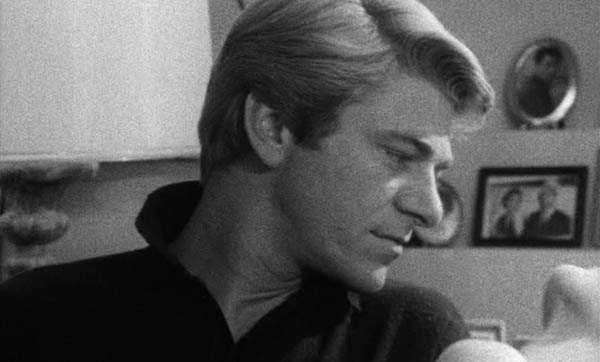
- A painfully honest look at a marriage on the brinks
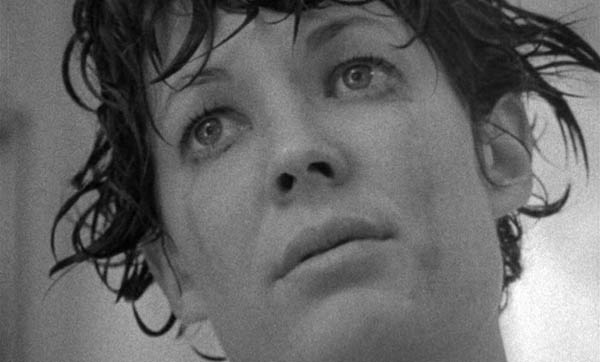
- Effective, groundbreaking use of natural lighting, cinema verite camera angles, and improvised dialogue
Must See?
Yes. As difficult as it is to watch, all film fanatics should see this important movie at least once.
Categories
- Historically Relevant
- Important Director
- Oscar Winner or Nominee
(Listed in 1001 Movies You Must See Before You Die)
Links:
|






One thought on “Faces (1968)”
A must.
Watching it again, I had the thought of a party – not the kind where most people know each other, but the kind that’s tied to an event, so many there may not know each other at all; all different types with all different tastes.
I thought of that kind of party, but with a difference: everybody at least had one thing in common – they all were fans of Cassavetes films. They might all like them for different reasons, but they liked them all the same. I wondered what it would be like to mingle among that crowd, talk with those individuals.
I had that image because I know that, as a director, Cassavetes has a cult following. Somewhere out there. But I’ve rarely met someone who has mentioned his work as a director. I know they love him in Europe. Which makes complete sense. But, in America…well, I’ve not come across that ‘circle’. (I know many people – myself included – who love ‘Gloria’…but that’s different. For Cassavetes, that’s commercial.)
Cassavetes didn’t direct all that many films. I probably like half of them or, at any rate, admire what they set out to do and how they did their part to shake up American cinema.
‘Faces’ is among his most successful films. Not an easy film but ultimately worth the watch. It leaves you with a lot after – and that’s what a good film can do. You can bring yourself to it somehow.
There’s an obvious parallel here with ‘Who’s Afraid of Virginia Woolf?’. It’s kind of like seeing George and Martha somewhat younger. The ‘Party Games’ motif also carries over (~to an interesting development: has any other film featured anything like four women bringing a guy home to party with privately?). ‘WAOVW’ is certainly more complex verbally but, in its own way, ‘Faces’ (a rich title) is just as powerful.
And Cassavetes was certainly having an interesting year…directing this, and starring in ‘Rosemary’s Baby’!